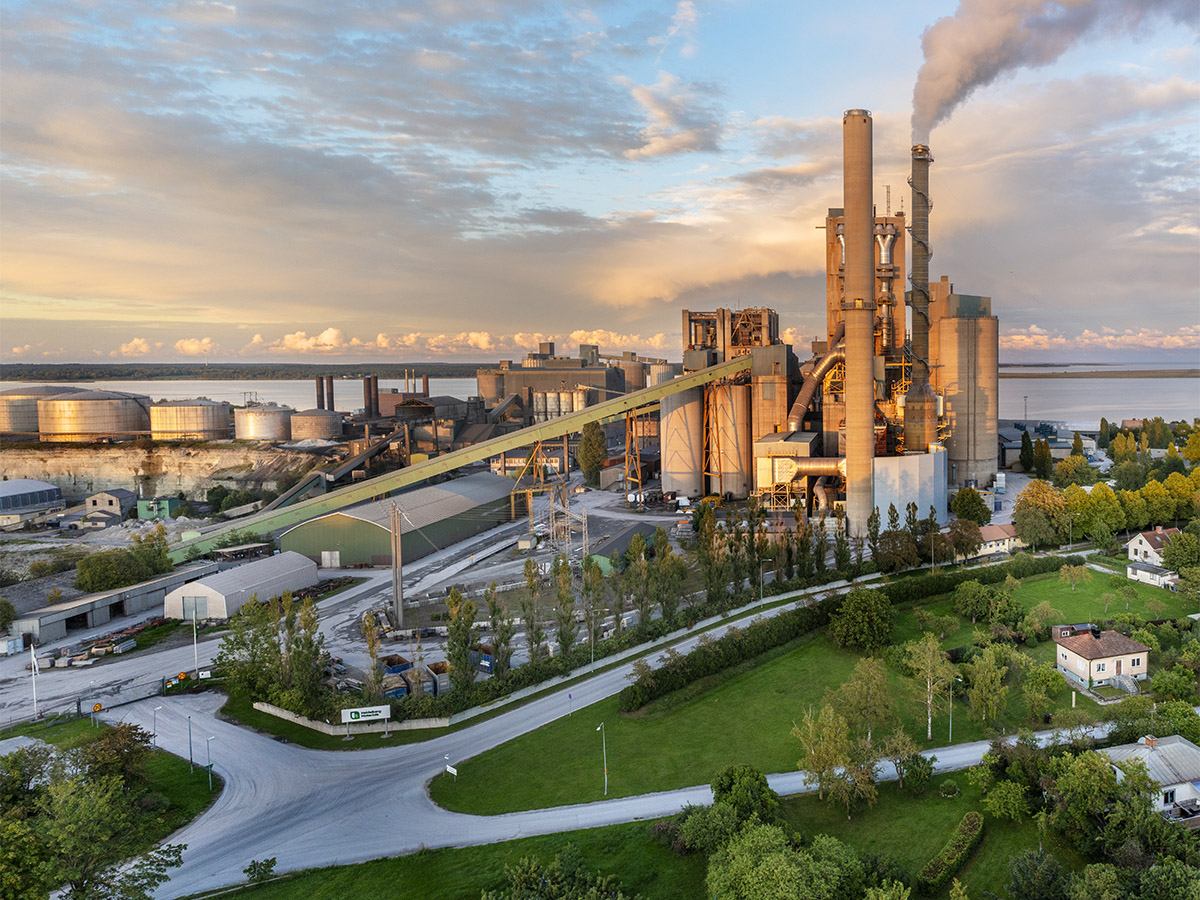Nordea: Thina Saltvedt on oil trends, OPEC and environmental effects
By Astrid Eriksson & Julie Lindén | Photo: Nordea

No market in the world has a greater impact on the global economy than the oil market. We sat down for a quick chat with Thina Saltvedt, oil analyst at Nordea Bank and picked her brains about the state of the world of oil.
Tell us about your job at Nordea?
I work in the analysis of and economic research in oil trends across the globe, on which I base forecasts for the global oil market and industry. In simple terms: my job is to convey how these trends affect us, and what kind of impact they have on our lives – from inflation and the cost of fuel to states of flux in currencies and interest rates.
How’s oil doing these days? Could you give us a quick guide to current trends?
We see two rather substantial changes: one is that the decade between 2003 and 2013 has seen a sturdy increase in oil prices, as most people are well aware of. That kind of growth does something to the market. Fifty-five per cent of oil goes into fuel for transport, which is of course something that people of all trades depend on. Right now though, we are experiencing a differentiation and efficiency improvement in how transportation happens; i.e. airplanes use much less fuel than before, and more and more people choose to drive more eco-friendly cars, or electric cars even. The demand for oil goes down, and therefore prices ultimately decrease.
And secondly?
Secondly, OPEC (Organization of Petroleum Exporting Countries) has changed their strategy. By employing a cartel strategy, OPEC has cut production in order to push up prices. Now it has changed its strategy going for market share instead flooding the market with cheap oil. This has put an interesting spin on market competition and new forms of fossil fuel use – for instance that of US shale oil producers now serving as the marginal barrel of oil or swing producer in the market.
You mentioned transport, which obviously affects people personally but also globally. How does climate change affect the oil market?
We see that people are becoming increasingly conscious of how the use of fossil fuels directly contributes to climate change and therefore more people become reluctant to invest in fossil fuels – mainly because there are plenty of new solutions coming up supporting the green revolution. For the same reason investors are starting to abandon coal investment: burning coal is the largest emitter of CO2 on the planet. Analysts speak of a so-called ‘green shift’ where for example developing countries may move directly to sustainable energy when building their electricity systems and infrastructure, without passing through the era of fossil fuel use that has defined the last century in the western hemisphere. Greener, cleaner alternatives have it over all – people want to support and invest in sustainable ways of moving forward, and this is making its mark in the oil market.
For more information and news, follow Thina Saltvedt on Twitter, @ThinaSaltved
Subscribe to Our Newsletter
Receive our monthly newsletter by email





